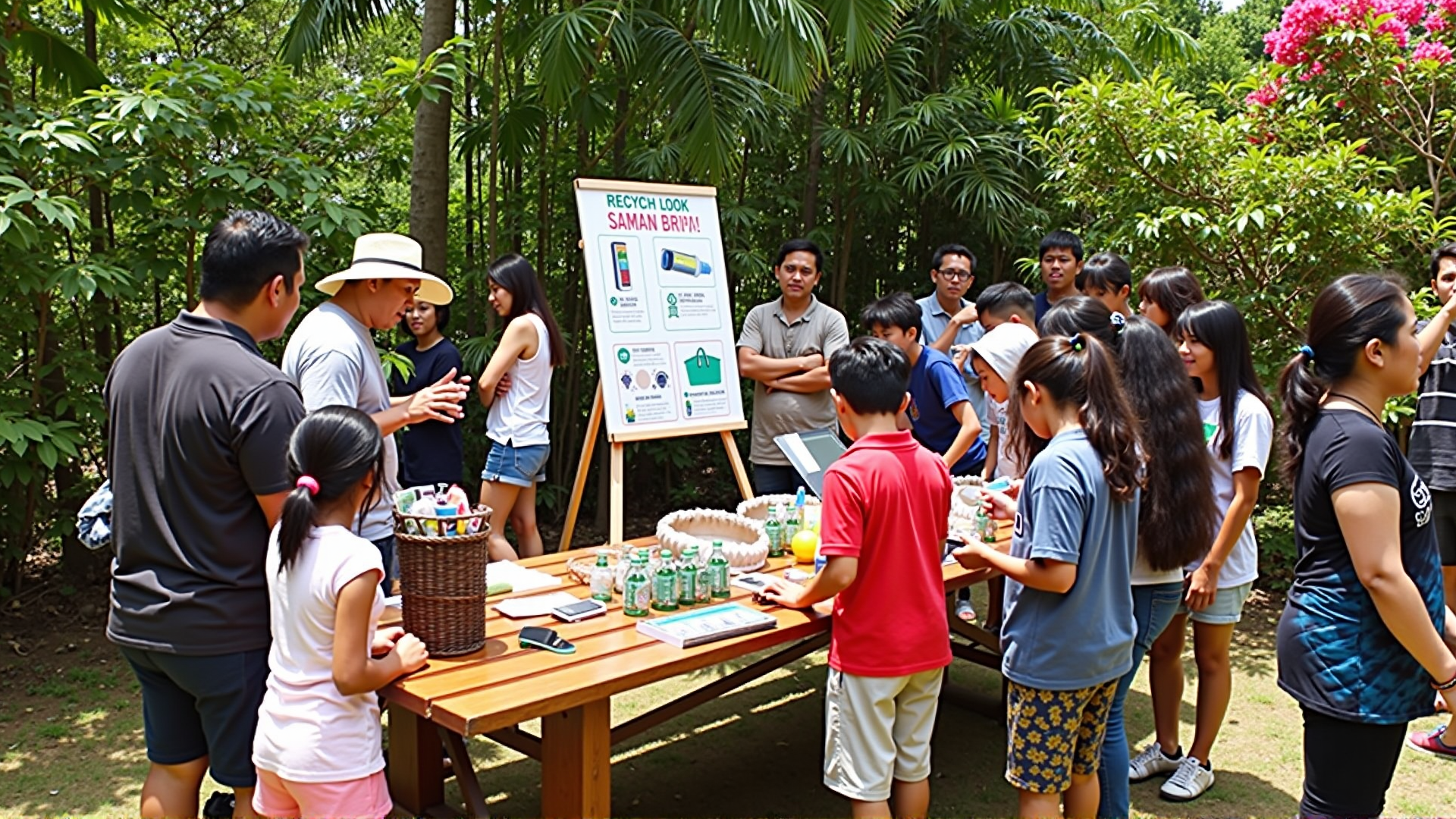In today’s rapidly evolving world, where natural resources are becoming increasingly scarce, fostering a culture of mindful consumption has never been more critical. At the heart of this effort lies the importance of education and outreach programs, empowering individuals to make informed choices that prioritize resource efficiency and environmental stewardship.
Smart consumption begins with awareness. Initiatives that focus on educating the public about resource use and its impact on the planet play a crucial role. By understanding the life cycle of products, from production to disposal, individuals can better appreciate the resources involved and the environmental footprint they leave behind. This awareness is the first step toward adopting sustainable habits that minimize waste and make the most of what we have.
Education programs in schools can lay the foundation for lifelong habits. By integrating resource efficiency themes into the curriculum, students can learn the importance of making responsible choices. Activities like workshops and hands-on projects provide practical experience, encouraging students to think creatively about how they can reduce their impact on the environment. These programs not only inspire young minds but also have the power to create ripple effects within families and communities.
Beyond educational settings, outreach programs are essential to reach a broader audience. Community events, online campaigns, and partnerships with local organizations can effectively disseminate information about smart consumption practices. Engaging the public through social media, for instance, can amplify messages about simple yet impactful actions, such as reducing plastic use or supporting local, sustainable products. By making this information accessible and relatable, individuals are more likely to participate and commit to change.
One significant aspect of promoting resource efficiency is highlighting alternatives and innovative solutions. Encouraging the use of renewable energy sources, such as solar or wind power, can significantly reduce reliance on non-renewable resources. Additionally, advocating for the repair and reuse of items rather than replacing them fosters a culture that values longevity and sustainability. These practices not only decrease environmental strain but also contribute to a more self-sufficient community.
To ensure the success of these programs, collaboration is key. Governments, non-profit organizations, and businesses can work together to provide resources, incentives, and technical support. Creating an environment where sustainable practices are both accessible and attractive can motivate individuals and communities to embrace smart consumption naturally.
Ultimately, promoting smart consumption is not about sacrificing comfort or convenience but about making conscious choices that reflect an understanding of our collective responsibility toward preserving the planet. Education and outreach are powerful tools in this endeavor, helping to cultivate a society that values future generations and is committed to leaving behind a healthier, more sustainable world. Through continuous efforts in learning and cooperation, a shift towards mindful living is within reach, paving the way for a brighter and more sustainable future for all.
